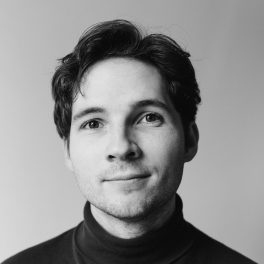
Walter Marsh
Walter is a writer and editor living on Kaurna Country.
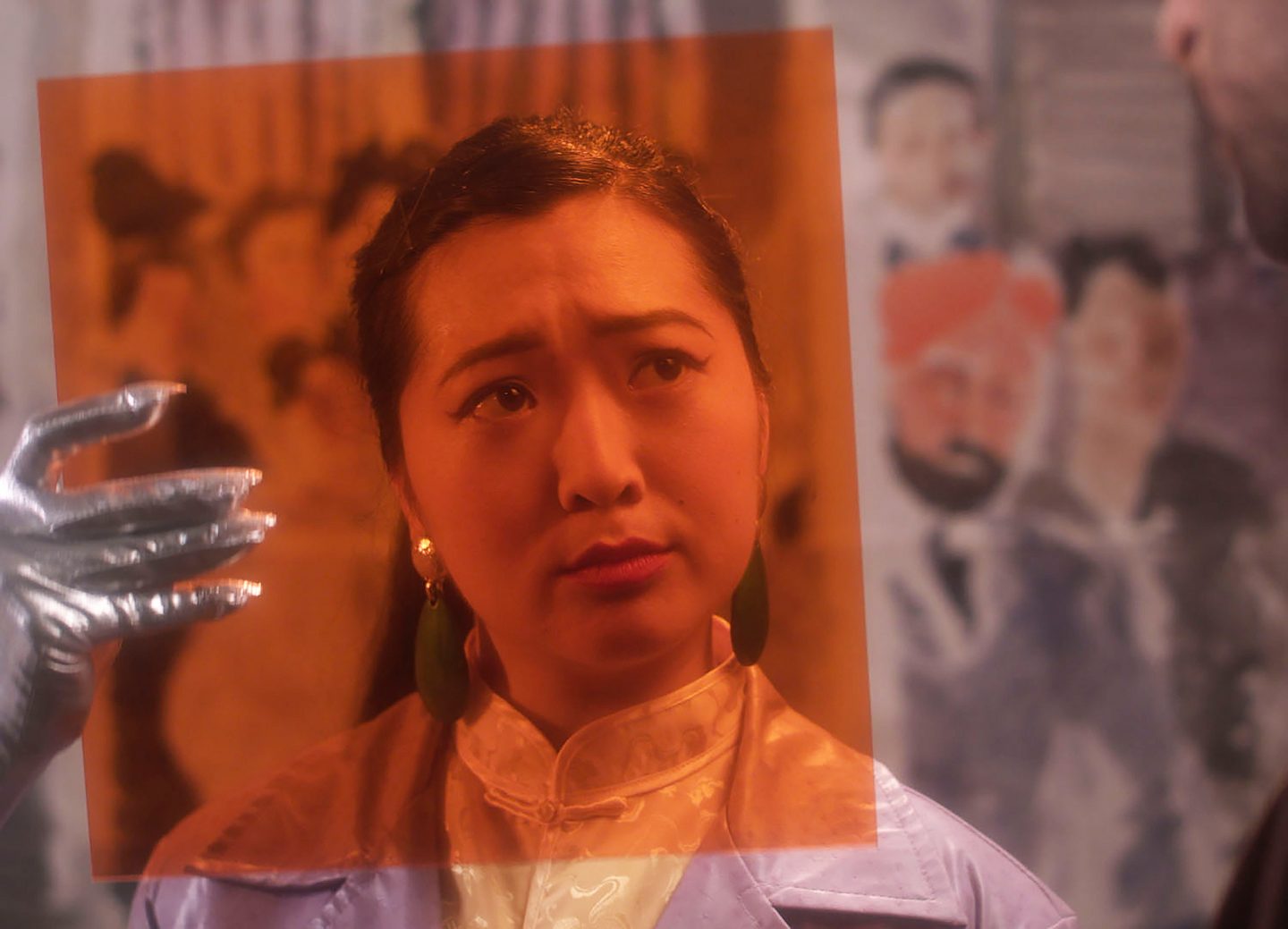
While galleries around the world scramble to translate physical programs to people’s screens, ACE Open finds itself in the unusual – and fortuitous – position of launching an exhibition already steeped in the world of online video content.
“It all happened fairly quickly,” ACE Open artistic director Patrice says of the nationwide closures that shut its west end gallery’s doors in March. “We were lucky enough to have Mariana Castillo Deball’s Replaying Life’s Tape open for a month, but it was supposed to be eight weeks.”
As one of the state’s leaders in contemporary art, adaptation and experimentation is pretty central to ACE Open’s brief. As a result, its next exhibition – a collaboration with Melbourne-based online platform recess.net.au that aimed to translate that online world into a gallery space – was already well-positioned to have a pandemic unexpectedly punt it back into a digital form.
“recess is an online platform for video exhibitions founded by Olivia Koh, who’s an artist based in Melbourne,” Sharkey says of the exhibition’s curator. “It features emerging artists, predominantly from Australia, but the focus is always on new ways of using and working with video content.
“In Australia there’s a new wave of emerging interest in working with film and video; there are experimental approaches to film, but also very personal, diaristic accounts,” she says. “In Adelaide I wasn’t seeing a lot of film-based practitioners, at least from the research I’d done, so I was interested in [programming] something that I wasn’t necessarily seeing. Because Olivia has the knowledge in that area, I thought what better way than to invite her to bring that perspective into the ACE Open program.
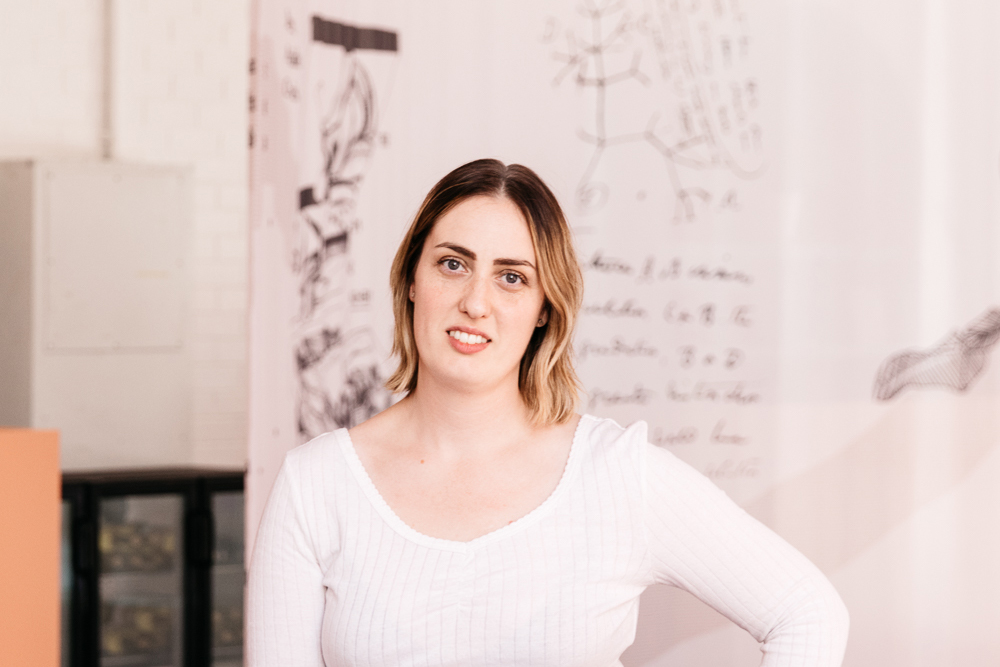
“The show we intended was going to be all video work, presented in different scale formats,” she says of the mix of new and existing work by 10 artists, from Paul Maheke’s hypnotic Tout en sollicitant le soleil (cupola 1/2), to Liang Luscombe’s colourfully incisive exploration of sex and race Sweaty Scales. From 1 May, specially-made website recesspressents.art will host two different works at a time in a rolling two-month schedule of overlapping, fortnight-long screenings.
“We had an early chat with Olivia and decided that because it’s all video content and can live online, we should continue with that plan in the same timeframe. But rather than presenting a physical, gallery exhibition, we should deliver the project on a purpose-built website.”
The exhibition, Sharkey says, is all the richer for it. “Because we were able to redirect some funding that would have been spent building the show in the space towards commissioning new writing on each video work, we’ve managed to extend the thinking and research around it.”
With COVID-19 forcing many of us to become increasingly reliant on screens, from Zoom office meetings to Facetime family dinners and, of course, the countless housebound hours spent consuming content on our televisions, phones and laptops, the exhibition certainly arrives at a relevant moment.
“Essentially it’s about bringing different perspectives; there’s a lot about the land, and about identity and self-presentation online. Another thing we talked about was the different ways artists are using video mediums; some of it is found footage, some is digital manipulation, some uses animation, some uses the format of television soap operas, that kind of thing. It’s about what you can do with that screen space.”
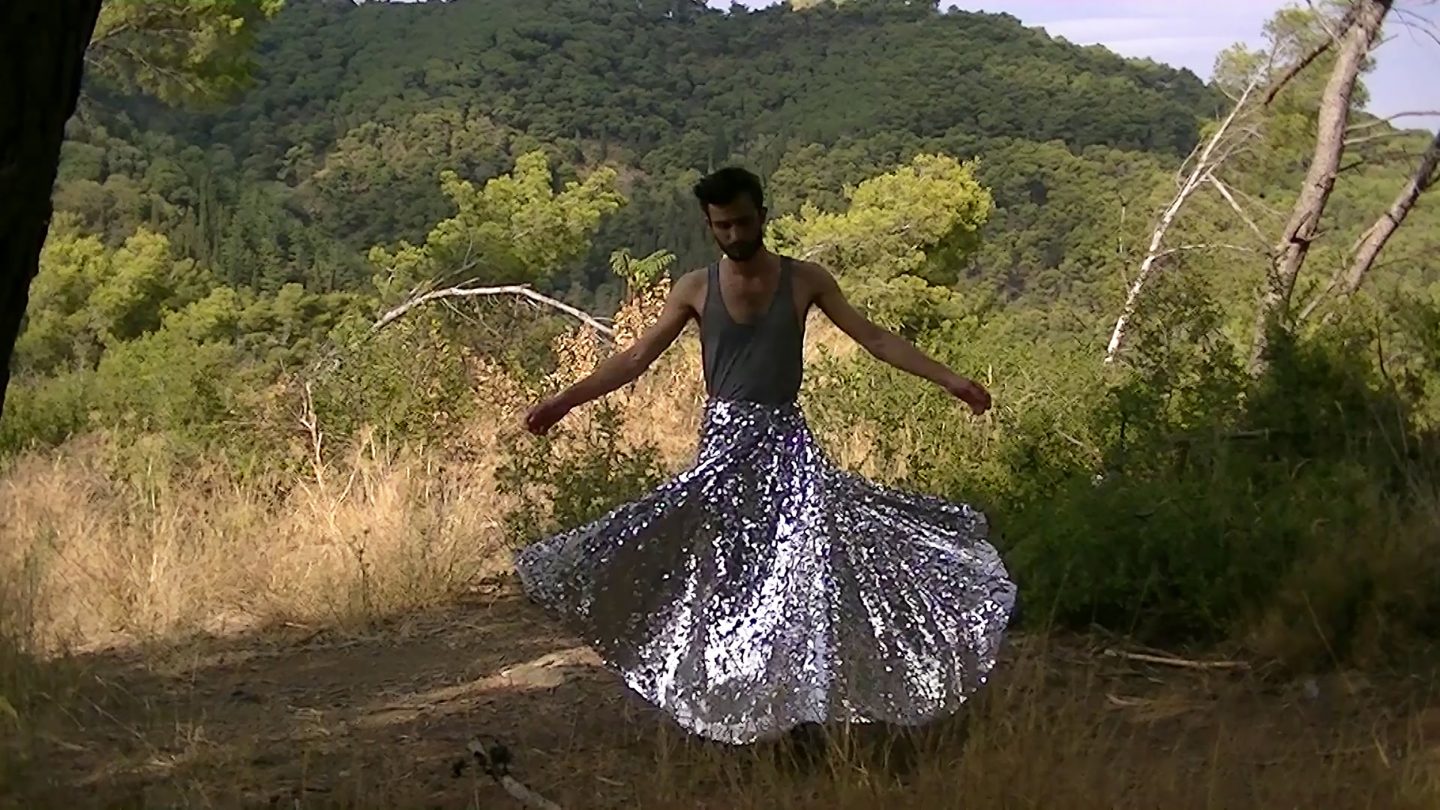
Beyond recess, ACE Open’s 2020 program remains somewhat up in the air (“We’ve got about three different contingency plans in place,” Sharkey says) with its major SALA-adjacent 2020 South Australian Artist Survey, featuring newly commissioned work from artists including Aida Azin, Kate Bohunnis, Sundari Carmody, Yusuf Hayat and Emmaline Zanelli, now likely to take place a little further down the track. In a rare piece of good news, the organisation was also successful in gaining four-year funding from the Australia Council in April.
But in the mean time, ACE Open’s focus will continue to be on supporting artists and arts workers to develop and create new work – even if it’s not 100 per cent clear when anyone will be able to see them.
“In responding to the impact of COVID, our priority has been to actively seek ways to continue to provide engaging content for audiences, employ artists and continue to invest in the further development of postponed projects,” she says. “So any of our programming that we had planned for this year we remain committed to, just postponed. For us it’s important that we’re invested in the opportunities we’re providing artists – but that we’re also paying artists and arts workers for content during this time as well.”
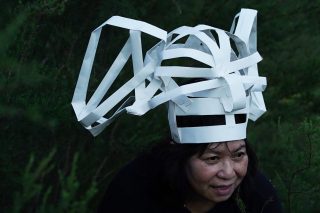

Walter is a writer and editor living on Kaurna Country.